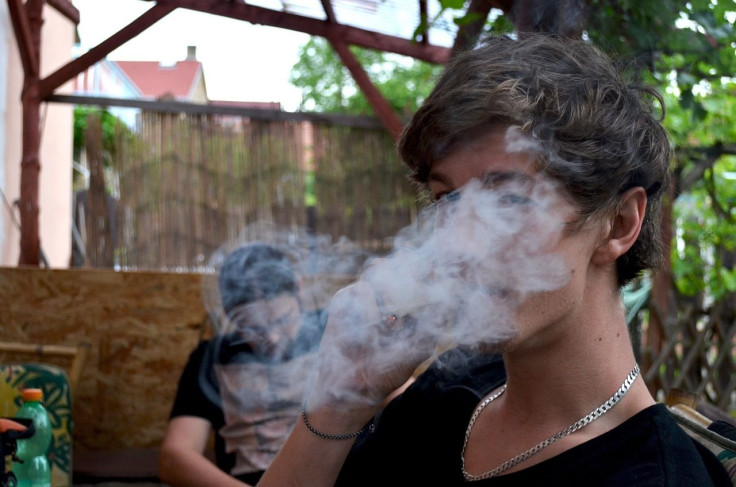Cannabis Users More Likely To Require Hospitalization And Need More Medication Following First Psychotic Episode

The controversy surrounding cannabis hails from many camps: Some claim the substance has no medical benefits; some cite it as an instigator for unsafe sex; and some have criticized the psychological effects as more harmful than helpful. A new study brings more evidence of marijuana’s possible harmful effects regarding the substance’s link to psychosis.
Researchers analyzed the health records of more than 2,000 psychosis patients and discovered that cannabis use among people experiencing a first episode of psychotic illness is linked to a 50 percent higher risk of hospital admission, including compulsory detentioning, as well as longer impatient stays and higher numbers of prescriptions for different antipsychotic drugs. This could signal that cannabis may contribute to treatment failure, according to the researchers. The study is the largest of its kind.
The data was mined from one of the largest providers of mental health services in Europe between 2006 and 2013. The team’s goal was to track the prevalence of cannabis use within a month of the first visit for a psychotic episode, and track treatment outcomes for up to five years afterward. They found that almost half of those using early intervention services had used cannabis, with use particularly popular among single men between the ages of 16 and 25.
Marijuana users had a recorded average of 1.8 admissions up to five years after the first visit, while non-users averaged 1.2 admissions over the same period, It was also associated with an increased risk of compulsory detention in a hospital under the Mental Health Act — 45 percent of those who used cannabis compared to 34 percent of those who did not. Furthermore, the drug was associated with a higher likelihood of being treated with an antipsychotic named clozapine, which is normally used for difficult-to-treat schizophrenia, and a higher number of prescriptions (in some cases up to 11) for different antipsychotics.
Researchers noted that the data did not provide enough information for them to say whether the number of different prescriptions was caused by poor compliance, poor treatment response, unpleasant side effects, or admission to a hospital following a relapse. However, a number of different antipsychotic prescriptions is indicative of treatment failure, suggesting an association between cannabis use and problems with treatment.
The authors note that this is an observational study, so no firm conclusions can be drawn about causation. The researchers were also not able to quantify the amount or frequency of cannabis use in people receiving care. Regardless, they write that their findings “highlight the importance of ascertaining cannabis use in people receiving care for psychotic disorders and prompt further study to investigate the mechanisms underlying poor clinical outcomes in people who use cannabis and strategies to reduce associated harms.”
Source: Patel R, Wilson R, Jackson R, Ball M, Shetty H, Broadbent M. Association of cannabis use with hospital admission and antipsychotic treatment failure in first episode psychosis: an observational study. BMJ Open. 2016.



























